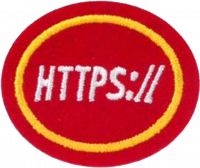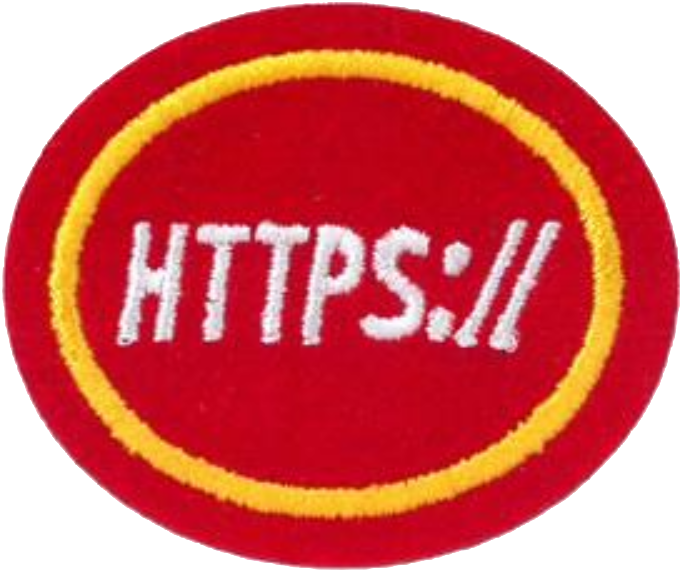AY Honor Internet Requirements
1. Define the following terms:
- a. Internet
- b. World Wide Web (WWW)
- c. Chat Room
- d. Download
- e. Upload
- f. Website
- g. Email
- h. Virus
2. Define the following terms and give examples of each:
- a. Webmail / POP3 / IMAP mail
- b. Web browser
- c. IRC/IM (Instant Messenger) client
- d. Streaming Media
- e. Search Engine & Search Directories
- f. Antivirus software
- g. Firewall
3. Complete one of the following:
- a. Write a brief 250-300 word history of the Internet.
- b. Present a 2-3 minute talk concerning the history of the internet. Regardless of the option chosen, include date/events surrounding its origin, the major landmark events, the birth and growth of web browsers (such as Mosaic, Netscape, Internet Explorer), and what it is doing today. Remember, this is not a history of computers, but rather a brief history of the Internet. You should list at least 2 online resources from which you found information relevant to your report.
4. Why is antivirus software important? Include in your answer:
- a. What are some ways you can receive viruses via the Internet?
- b. How is having up-to-date antivirus software important for keeping your computer files safe?
- c. How can not being protected lead to sharing the virus with other family and friends?
- d. What harm can a virus do to your computer or to other people’s computers?
5. In what ways do content filters(programs like Net Nanny™ or AOL Parental Control) protect your family? With your family, develop & sign a Covenant of Family Internet Usage including the following elements:
- a. Never reveal personal information.
- b. Remember that people may not be who they say they are.
- c. Never meet an online friend in the flesh for the first time without a parent present.
- d. Never respond to flames.
- e. Stop immediately if you see or read anything that upsets you
- f. Time each member of the family may spend on the internet per week. Set boundaries that encourage time for family, homework, and other necessary family activities.
- g. Types of websites that are acceptable/unacceptable to view. What are the principles that your family will use to determine what are acceptable? Base these principles on the Bible.
6. Show your ability to navigate your way around the internet by demonstrating the following:
- a. Visit at least 3 different websites (distinct domain names). Print out the front page of each site for your instructor.
- b. Demonstrate your ability to use a search engine to find an online Bible website. Go to the website, look up at least 3 different Bible memory texts in 3 different versions, and print your results for your instructor.
- c. Find 3 websites that talk about the Seventh-day Adventist Church. Print out the front page of each site for your instructor.
- d. Download a compressed file from the internet (tar, zip, etc.) to your hard drive and uncompress it and operate the program or file.
7. Demonstrate your ability to use email by demonstrating the following (If necessary, create an email account, with a distinct username and password):
- a. Create and send email
- b. Receive and download email
- c. Download/view an attachment
- d. Know 5 principles of operating email safely
8. Memorize Philippians 4:8. How does this Bible text guide a Christian’s use of the internet?


